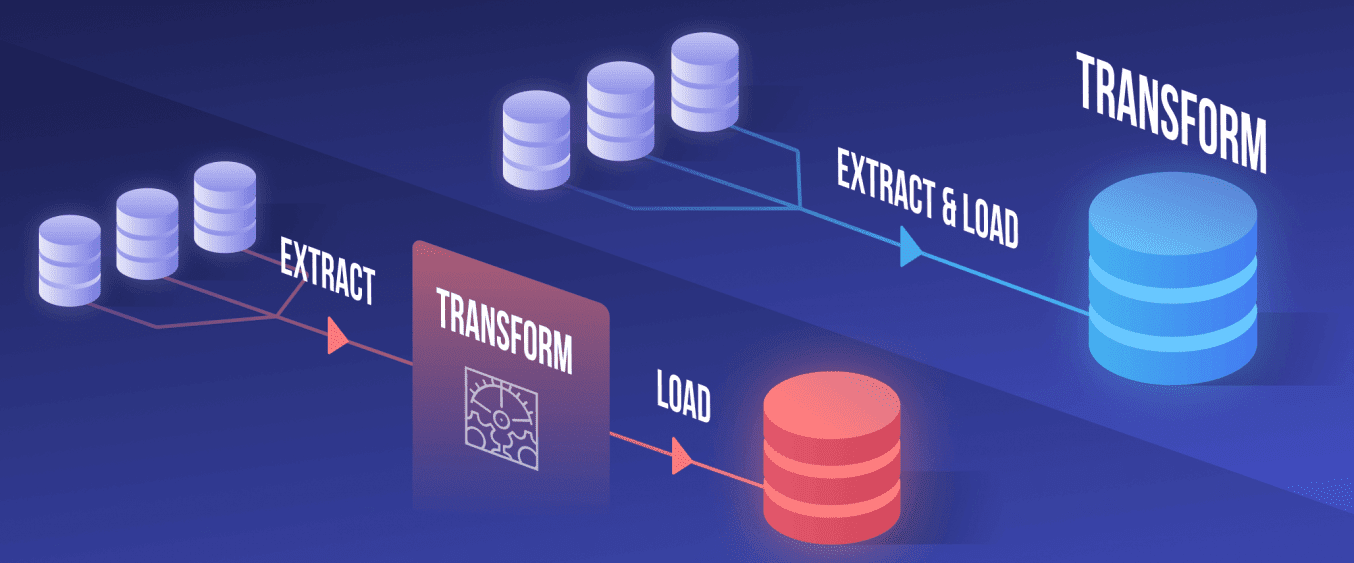The volumes of data are constantly increasing since the last decade. These volumes of data are making it increasingly difficult for organizations to store, process, and analyse vast data sets. This points out the fact that organizations that are ill-equipped to process data would have very weak growth prospects in the future. That said, the organizations which are operating in the digital ecosystem are trying their level best to overcome the challenge of data processing.
Background
In the last decade, many organizations have developed their own data warehouses. This has enabled them to not only overcome the challenge of processing data but also analyse it in an efficient and effective manner. This has also contributed to the development of extract, transform, and load processes. The ETL offload processes and various other processes related to data injection have shown that organizations are ready to tackle the emerging data tide without becoming overburdened. In other words, this shows that organizations have great capability to increase their data limit despite operating at full capacity. One more option that is available to organizations that are working at their full capacity is an open-source tool like Hadoop. By using Hadoop, organizations can get rid of the dual challenges of high cost and decreased efficiency. In fact, Hadoop tools are known for their lower costs and higher efficiency. The only thing that is preventing organizations from adopting Hadoop in its full-fledged form is a lack of skill. Hence, a great skill set would not only mean access to Hadoop but would also mean acceleration of ETL processes.

The beginning
In the present times, a large number of organizations are facing the challenge of ETL processing. As such, these organizations are looking for an alternative ecosystem that is capable of processing the enlarged data sets. At the same time, these organizations are not ready to compromise either on cost or on efficiency factors. This is where hadoop comes into the picture. It not only helps the organization in ETL offload but also helps in the storage of additional amounts of structured and unstructured data. In addition to accelerating the ETL processes, Hadoop has other benefits as well. These benefits include the reduction of the complexity that the organizations face in different data handling processes.
The toolkit
There is no dearth of tools that are needed for the process of offloading ETL workloads. A large number of tech giants are working in consonance with each other to further develop such tools. As a result, a large number of prospective solutions have been proposed that are cost-effective in nature. For instance, one of the prominent solutions is the amalgamation of Hadoop from Cloudera and an ETL toolkit from Syncsort. Such prominent solutions not only help in efficient data processing but also help in optimization of existing data warehouses.
The processing power
One of the most notable developments when it comes to ETL is the increase in processing power. The increase in processing power has enabled us to improve the efficiency of ETL in a comprehensive way. This is especially significant when we have to deal with large sets of data. The increase in processing power has become possible due to three modes. In the first mode, a huge data set is subdivided into smaller datasets so that all the datasets can be accessed subsequently. In the second mode, we aim to process different subsets on the same data stream. In the third mode, we aim to make our processing capabilities unique and efficient by removing the duplicate datasets as and when they are found. Alternatively, we need to ensure that a level of consistency is already present in the data sets that are slated to be processed. Lastly, we may also encounter the challenge of synchronization. It needs to be ensured at an early stage that a level of synchronization is maintained in various types of processes that are to be followed in a definite order.
Concluding remarks and the way ahead
As organizations look to manage huge chunks of datasets, offloading may seem to be a formidable challenge. This is where ETL offload opportunities can come to the rescue of businesses. Offloading helps businesses to not only shift expensive workloads but also manage sensitive ones. Thus, the remedy lies in choosing the perfect tools and techniques when it comes to ETL so that this process becomes as simplified as possible.








